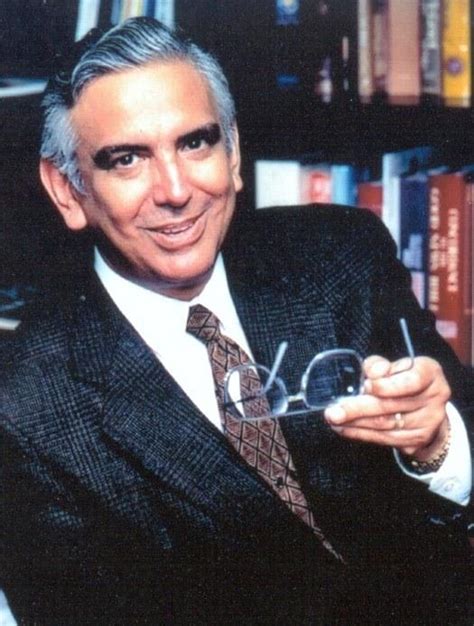A Quote by Robert Fitzgerald
Well, with the French language, which I understood and spoke, however imperfectly, and read in great quantities, at certain times, the matter I suppose was slightly different from either Latin or Greek.
Related Quotes
To read" actually comes from the Latin reri "to calculate, to think" which is not only the progenitor of "read" but of "reason" as well, both of which hail from the Greek arariskein "to fit." Aside from giving us "reason," arariskein also gives us an unlikely sibling, Latin arma meaning "weapons." It seems that "to fit" the world or to make sense of it requires either reason or arms.
Whenever we encounter the Infinite in man, however imperfectly understood, we treat it with respect. Whether in the synagogue, the mosque, the pagoda, or the wigwam, there is a hideous aspect which we execrate and a sublime aspect which we venerate. So great a subject for spiritual contemplation, such measureless dreaming - the echo of God on the human wall!
I can read more languages than I speak! I speak French and Italian - not very well, alas, but I can get by. I read German and Spanish. I can read Latin (I did a lot of Latin at school.) I'm afraid I do not speak any African languages, although I can understand a little bit of the Zulu-related languages, but only a tiny bit.
Albanians love topiary and fancy doors. They speak Albanian, an Indo-European language with traces of Greek and Latin - and the lek is their monetary denomination, which trades at one hundred to one on the dollar. Their food is excellent, a melange of Greek, Turkish, and Italian cuisine, all very fresh and legume-y.
I work in Hebrew. Hebrew is deeply inspired by other languages. Not now, for the last three thousand years, Hebrew has been penetrated and fertilized by ancient Semitic languages - by Aramaic, by Greek, by Latin, by Arabic, by Yiddish, by Latino, by German, by Russian, by English, I could go on and on. It's very much like English. The English language took in many many fertilizations, many many genes, from other languages, from foreign languages - Latin, French, Nordic languages, German, Scandinavian languages. Every language has influences and is an influence.

































